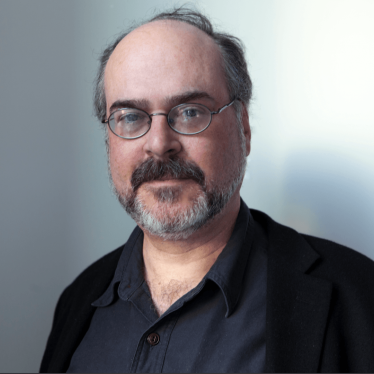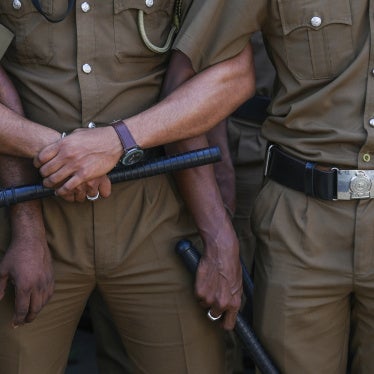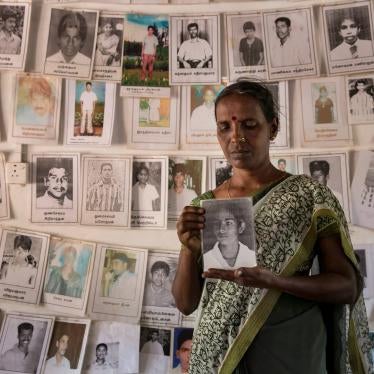It was a summit hijacked – rightly – by the poor record of its host.
“Does anyone specifically have a question that’s not on Sri Lanka or human rights?” the spokesman for this weekend’s Commonwealth Heads of Government Meeting pleaded with reporters, according to a report by Australia’s ABC.
The biannual CHOGM should never have been held in Sri Lanka. For more than four years the Sri Lankan government has refused to seriously investigate atrocities committed in the final months of its decades-long conflict with the Liberation Tigers of Tamil Eelam. The administration of President Mahinda Rajapaksa has become increasingly authoritarian, weakening the other branches of government and closing the space for human rights activists and independent journalists.
But British Prime Minister David Cameronhonored his promise to send a “tough message” about human rights violations and alleged war crimes while in Sri Lanka. Immediately after the summit’s opening ceremonies, he flew north to Jaffna to meet with ethnic Tamils displaced by the war and those whose relatives remain missing. And after an hour-long meeting with Rajapaksa, he told the media that Britain would support an independent international investigation into wartime abuses if Sri Lanka failed to make progress in its own efforts.
Rajapaksa lamely tried to redirect the discussion to Britain’s colonial past: “People who live in glass houses should not throw stones.” What the Sri Lankan president doesn’t seem to understand is that all governments – and former colonial powers especially – have a responsibility to promote respect for human rights and justice for the victims of abuses.
Journalists covering the summit obviously felt human rights were an issue worth reporting. But except for Canada, India and Mauritius, whose leaders stayed away on human rights grounds, other members of the 53-nation Commonwealth appeared slow to follow Cameron’s lead. Australia’s new prime minister, Tony Abbott, when questioned about Sri Lanka’s rights record, made a new friend in Rajapaksa and damaged his international standing by saying that “we accept that sometimes in difficult circumstances difficult things happen.”
Those governments that stayed silent in Colombo fear not: the real test will come at the United Nations Human Rights Council in March, when accountability in Sri Lanka will again be on the agenda. It’s not too early to endorse an international investigation. An overwhelmed Commonwealth spokesman notwithstanding, keep those Sri Lanka human rights queries coming.









